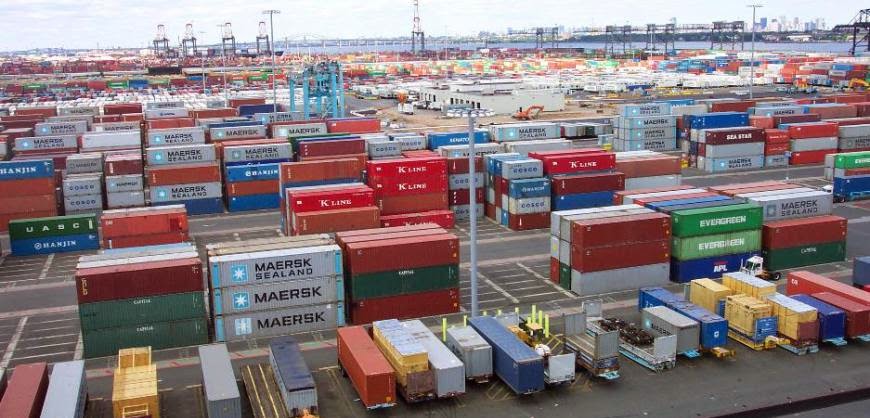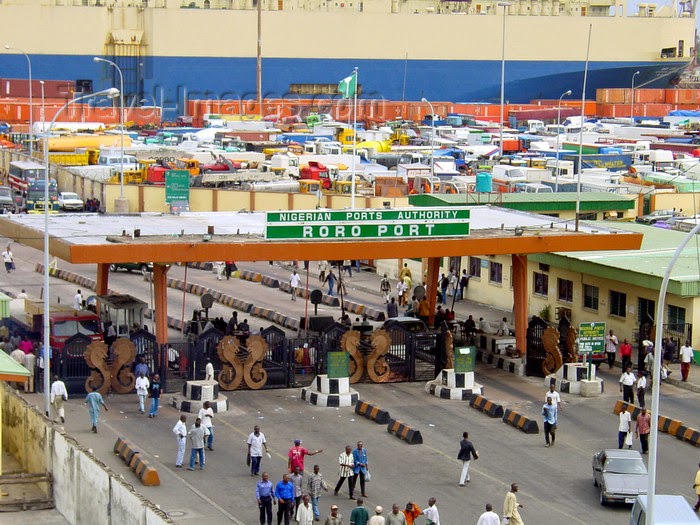 |
| CGC, Abdullahi Dikko |
The Tin-Can Island Port Command of the Nigeria Customs Service said on Monday in Lagos that it collected N22.3 billion revenue in November.
The Public Relations Officer of the command, Chris Osunkwo, told the News Agency of Nigeria that the amount was less than the N27.1 billion collected in October.
Osunkwo attributed the decrease to the forces of demand and supply.
He said: “In October we made approximately N27.1 billion, whereas in November we had N22.3 billion.
“A lot of factors are responsible for the difference, particularly the forces of demand and supply.
“When you try to find out from the traders, they tell you that trading activities are at their lowest ebb because they observed that the people’s purchasing power dropped and as such, their warehouses are still filled up.
“You will have to sell and realise money to be able to come and clear or you import fresh ones.
“The level of compliance is gradually improving because we just celebrated the first anniversary of PAAR (Pre-Arrival Assessment Report)
“PAAR just clocked one on December 1 and among the things PAAR is here to achieve is to make the trading public become more compliant.
“If you are honest, you give appropriate and accurate information without trying to cut corners, definitely, you will have everything going for you.”
Osunkwo commended the Comptroller-General of Customs, Alhaji Dikko Abdullahi, for “taking the service to the next level”.
Osunkwo said the comptroller-general worked tirelessly to make the service the pride of the nation.
NAN reports that a breakdown of the revenue showed that in November, the command raked in N18.1 billion into the Federation Account and N4.1 billion into the Non-Federation Account.
NAN also reports that Import Duty fetched N13.2 billion; Fees, N52.2 million; Common External Tariffs, N785 million; while N4 billion was collected as five per cent Value Added Tax.
The command also collected N930.8 million on seven per cent Surcharge; one per cent Comprehensive Import Supervision Scheme fetched N974.8 million; while it recorded N573.3.2 million on ECOWAS Trade Liberalisation Scheme.
Other revenues were: sugar (N78.6 million); rice (N813.1 million); brown rice (N150,277); wheat flour (N451,343); wheat grain (N474.6 million) ; and iron (N2.5 million).












